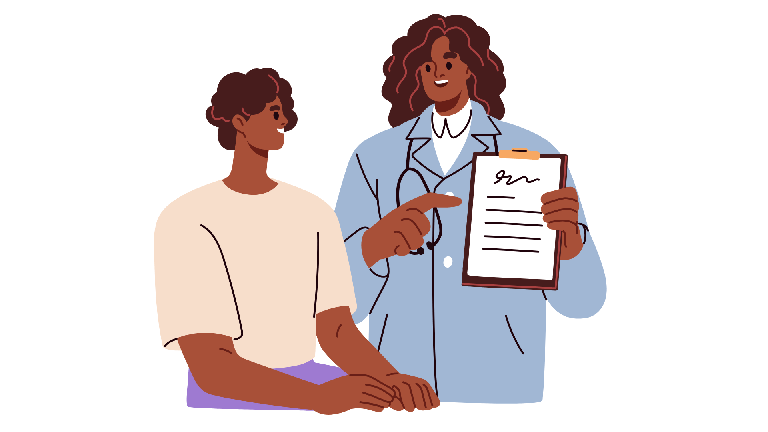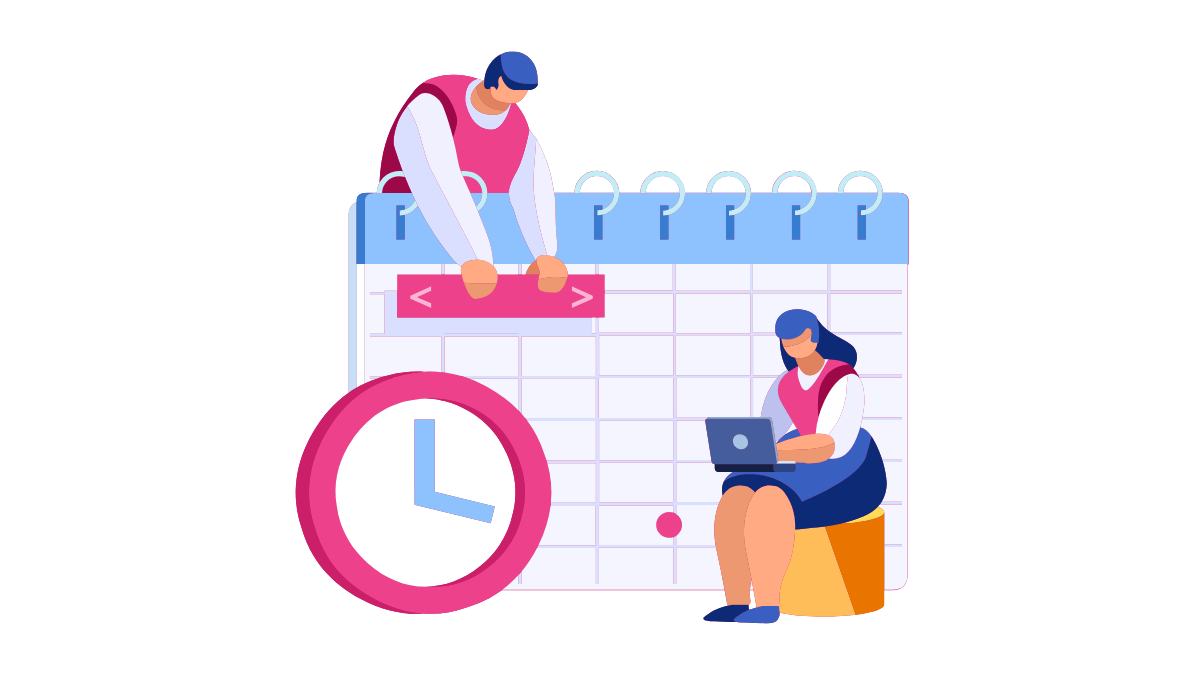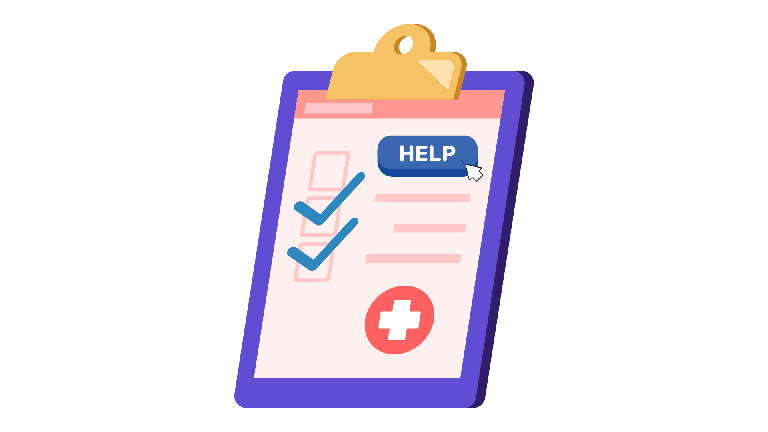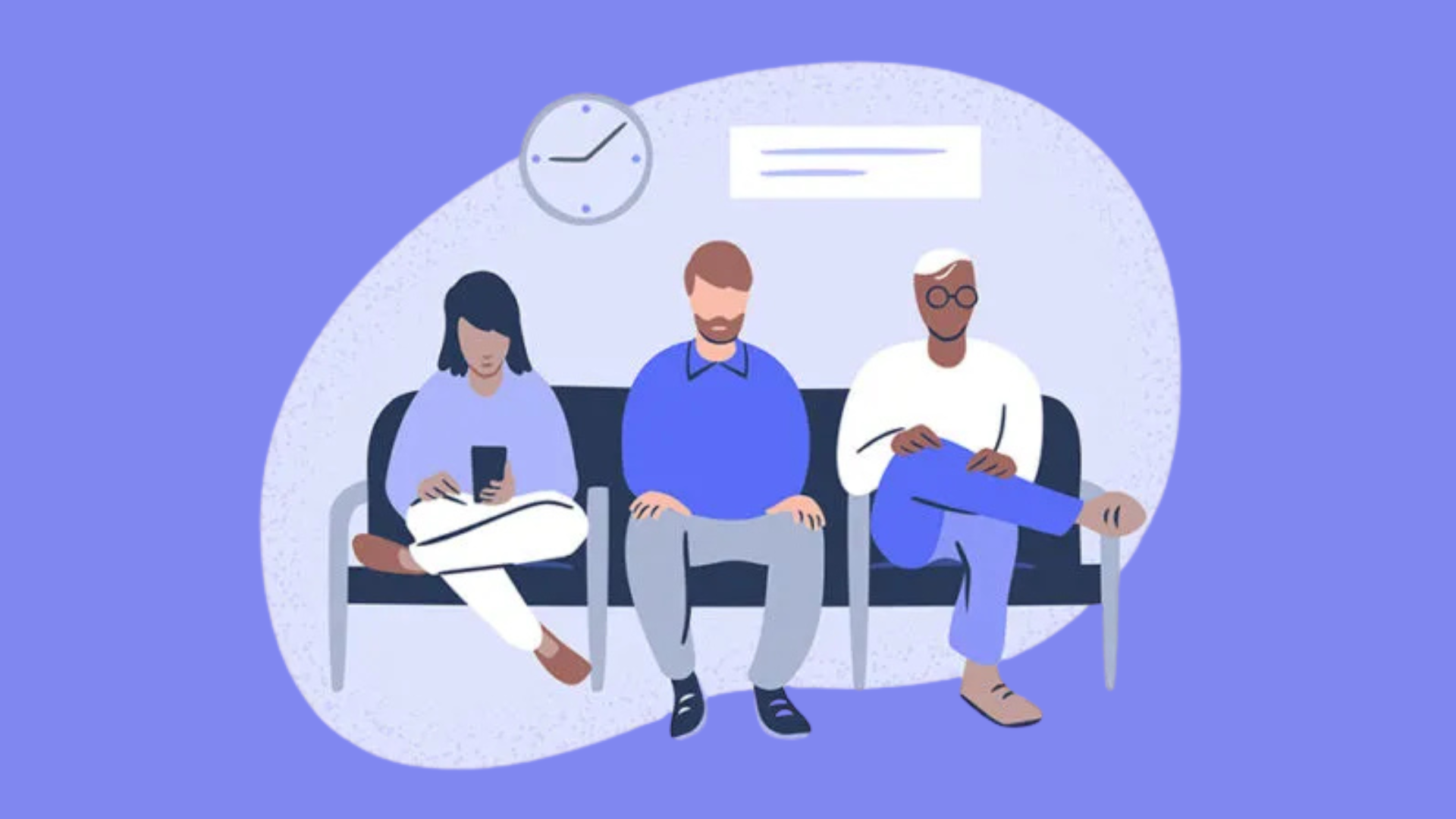Written by Clinical Psychologists, Katie Dobinson and Amanda Sie
Mental health difficulties aren’t always obvious, but just like physical illnesses or injuries, they can be painful to live with and deserve care and attention. We try to see our General Practitioner (GP) when something about our physical health doesn’t feel right, but how often do we talk to our GP about our mental health?
Reaching out for help with your mental health is a strength, though for many people it can feel daunting. There are times in life when we all need mental health support, and there is strength in the vulnerability of asking for help.
Why see my GP for my mental health?
Your GP is an important starting point for any kind of health concern. GPs are trained to assess, diagnose and treat mental health difficulties, and they can refer you to mental health specialists, like psychologists and psychiatrists.
In fact, a national survey by the Royal Australian College of General Practitioners in their “General Practice Health of the Nation” report revealed that psychological issues are the most common reason why people visit their GP. This is consistent with surveys conducted in previous years. Unfortunately however, as common as mental health difficulties are, we know that they can often fly under the radar. For example, mood and anxiety disorders are the most common mental health conditions in Australia and the average amount of time it takes people to seek help is 8.2 years. As with any other health issue, these conditions can worsen over time if they’re left untreated.
Where do I start?
It’s normal to feel nervous or unsure about talking to your GP about your mental health. You might not know what to say, or you could feel worried about being judged. Speaking about what you’re going through could also bring up painful thoughts and feelings.

How to find the right GP for you
If you already have a GP that knows you well and you trust, that’s fantastic. If you don’t have a regular GP, it’s a great idea to link in with one that can get to know you so that over time, you feel more comfortable talking about tough stuff with them. There are many GPs with a special interest and expertise in mental health – take a look at each GPs profile to see if they’re a good fit for you. If booking a mental health consult, it’s always a good idea to book a longer appointment so that you have plenty of time to talk things through in a relaxed manner, at your own pace.
If you don’t have a GP but are looking to link in with one, you can use the healthdirect website service finder to locate a doctor (including a bulk billing GP) near you.
How to talk to my GP about mental health issues
There is no ‘right’ way to talk about how you’re feeling, and remember it’s your doctor’s role to ask questions about your symptoms in order to gather an understanding about what is likely to help you to feel better.
Try your best to speak openly and honestly about how you’ve been feeling, even if it’s difficult. These are some tips for what you might like to talk to them about. You may wish to think about these or even write them down before the consult if it helps to ease your nerves:
- What sort of thoughts have been bothering you?
- What worries have you been preoccupied by?
- How have you been feeling (low, flat, depressed, hopeless, anxious, exhausted, overwhelmed etc.)?
- What changes have you noticed in your day to day? For example, how the way you’re feeling may be impacting your relationships, work, leisure activities, sleep, or any other area of your life.
- When did you start to notice these changes in how you’ve been feeling?

The GP has a role to play too
Your doctor will ask questions about your thoughts, feelings and behaviours. Their assessment is also likely to include questions about your lifestyle, physical health, family history of physical or mental illness, and your work/school/home environment to name a few.
These questions are part of a mental health assessment and are designed to help the doctor accurately assess your needs and advise of suitable treatment options.

How to prepare for your GP appointment about mental health:
- Book a longer consultation. Give you and your doctor ample time to understand what you are experiencing and discuss your next steps.
- Ask for support. If it would ease your nerves, ask a trusted friend or family member (if possible) to accompany you to the appointment.
- Be open and honest about what you’re experiencing. Your GP will be in a better position to help if they have a fuller understanding of your concerns. Be prepared to disclose what things are really like for you, even if you feel it’s upsetting, embarrassing or confusing.
- Think about what you’d like to get from the appointment. Write down any questions you have and bring these with you so you remember to ask on the day. For example, “What do you think is happening?”, “How can I feel better?”, “Where can I get support and treatment?”, “How does this treatment work?”, “How effective is it?”. Or if you are already undergoing treatment, “Can we review how my treatment is going?”
- Be open minded and curious. Your GP could suggest a few options. For example, medication or referral to a psychiatrist, or psychological treatment such as Cognitive Behavioural Therapy (CBT) either face to face with a psychologist and/or an online CBT program (e.g., with THIS WAY UP). Whether you’ve heard about these suggestions before or are learning about it for the first time, give it some thought rather than being quick to dismiss them. Take notes during the appointment so you can take in what’s being explained and consider it more later.
- Take the time to ask questions. If there is something you don’t completely understand, ask for more information or clarification. We can all have certain ideas or biases when it comes to mental health and treatment approaches, which may be misconceptions that can be corrected. Equip yourself with enough information to make an informed decision. You can ask for fact sheets or other reading material to look at when you’re at home, book a follow-up appointment for more discussion, or talk through your options with loved ones.
- Build a good working relationship with a regular GP. This can help you feel more comfortable about talking with them about personal topics, such as mental health concerns. Seeing one GP consistently over time helps you build trust and openness. It also means they can get to know you, give continuity of care and track your progress in the longer term. If you do not yet have a regular GP, it’s worth taking the time to invest in finding one. Many GPs have particular interests in working with certain health issues. You could also consider looking for a GP who has a special interest in mental health.

Here to H.E.L.P you
Remember that asking for support is a strength. Help is available and reaching out for support is the first step towards feeling better. You can use our team’s H.E.L.P. tips next time you’re talking with your doctor about your mental health needs.
Honesty is healing. Your GP is in a helping-profession and is trained to assess mental health symptoms, not just physical illness symptoms. Try to be open and honest about the difficulties you’re experiencing, even if you feel nervous and embarrassed. The more details you can provide about your symptoms, the better an understanding your doctor will have about the most effective treatment.
Express your hopes. Before you attend, have a think about what you might be hoping to get from the GP appointment and write down any questions you have. Express to your GP the questions or queries you might have, for example “Where can I get support and treatment?”, “What types of treatments are available to me?”, “How can I access in-person or digital mental health treatments?”, or “Is there anything else you’d recommend?”.
Listen and list. Your GP may suggest several treatment options to you, so listen to the treatments available to learn about the benefits of these, and feel free to make a list of each by writing them down. If you’re feeling overwhelmed, ask a trusted loved one to support you to the appointment (if possible).
Plan a check-in: Talk to your doctor about when you can see them again, to talk about how you’re finding the treatment (whether it involves talk-therapy with a mental health clinician, medication, digital Cognitive Behavioural Therapy, or perhaps a combination of these) so they can provide support, and make any adjustments you may need to ensure you’re getting the most out of the treatment.
Remember, there is no shame or weakness in asking for H.E.L.P.
Don’t forget, you can ask your GP to prescribe a THIS WAY UP program for you for free (normally $59). To make it easy, you can download this helpful letter to take with you.
Many people find it hard to take the first step towards getting support for their mental health. Rather than putting it off any longer, you can try our free Wellbeing Test now to see which THIS WAY UP program could be a good fit for you.


